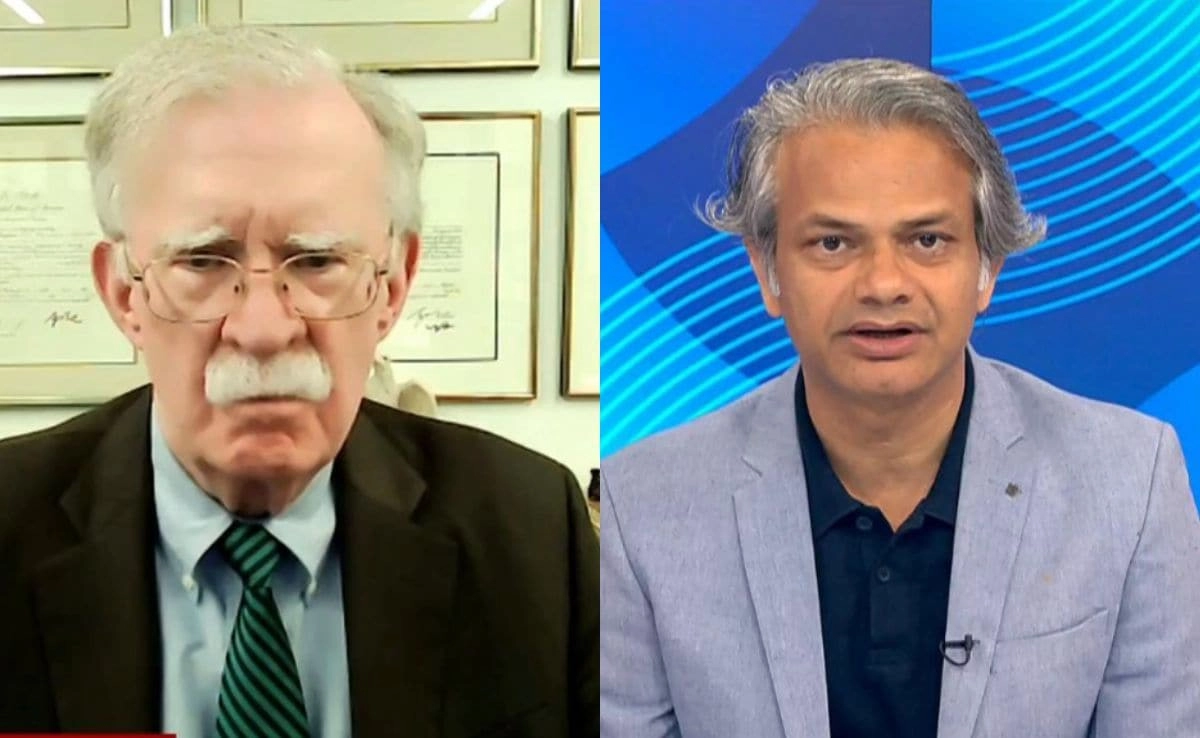In a recent exclusive interview, former U.S. National Security Advisor John Bolton shared his insights on India’s potential responses to various geopolitical provocations. Bolton highlighted that India’s strategy is often shaped by its historical context and the need to maintain stability in a region rife with tensions, particularly concerning its neighbors. He pointed out that India’s approach to retaliation is calculated and typically considers both the immediate threat and the broader implications of its actions on international relations.
Bolton elaborated on the complexities of India’s diplomatic landscape, especially regarding its relationships with Pakistan and China. He noted that any retaliatory measures taken by India would likely be aimed at addressing specific provocations while carefully weighing the risks of escalation. The former NSA emphasized that India’s leadership is acutely aware of the need to project strength without provoking a larger conflict, particularly given the nuclear capabilities of its adversaries. This balancing act is crucial for New Delhi as it seeks to assert its sovereignty and protect its national interests.
Furthermore, Bolton underscored the importance of international alliances in shaping India’s response strategies. He remarked that India’s engagement with global powers, especially the United States, plays a significant role in how it frames its military and diplomatic responses. The cooperation between India and the U.S. has grown stronger over the years, reflecting shared interests in counterbalancing China’s influence in the Indo-Pacific region. Bolton’s insights suggest that India’s future retaliatory actions will not only be influenced by immediate threats but also by its strategic partnerships and the evolving dynamics of global politics.
In conclusion, Bolton’s analysis indicates that India’s retaliation strategies are multifaceted, driven by a combination of historical context, regional stability, and international alliances. As geopolitical tensions continue to rise, it remains to be seen how India will navigate this complex landscape while safeguarding its interests and maintaining peace in a volatile region. The former NSA’s perspective serves as a crucial reminder of the delicate balance that India must strike in its approach to retaliation and diplomacy.




